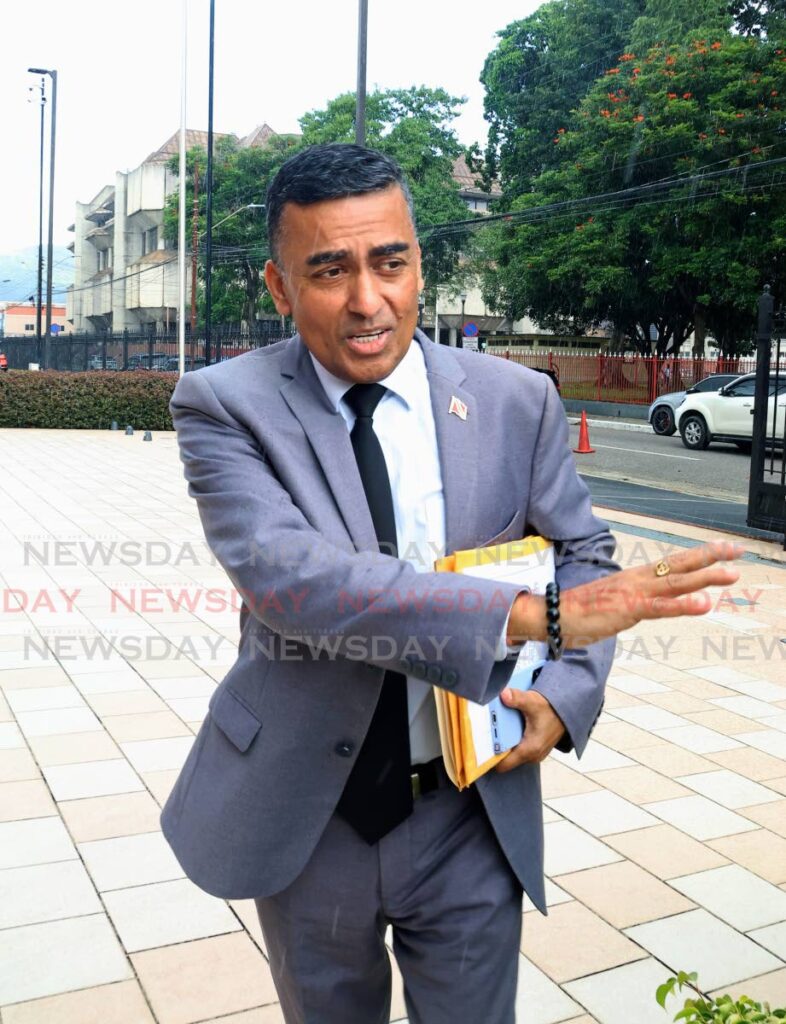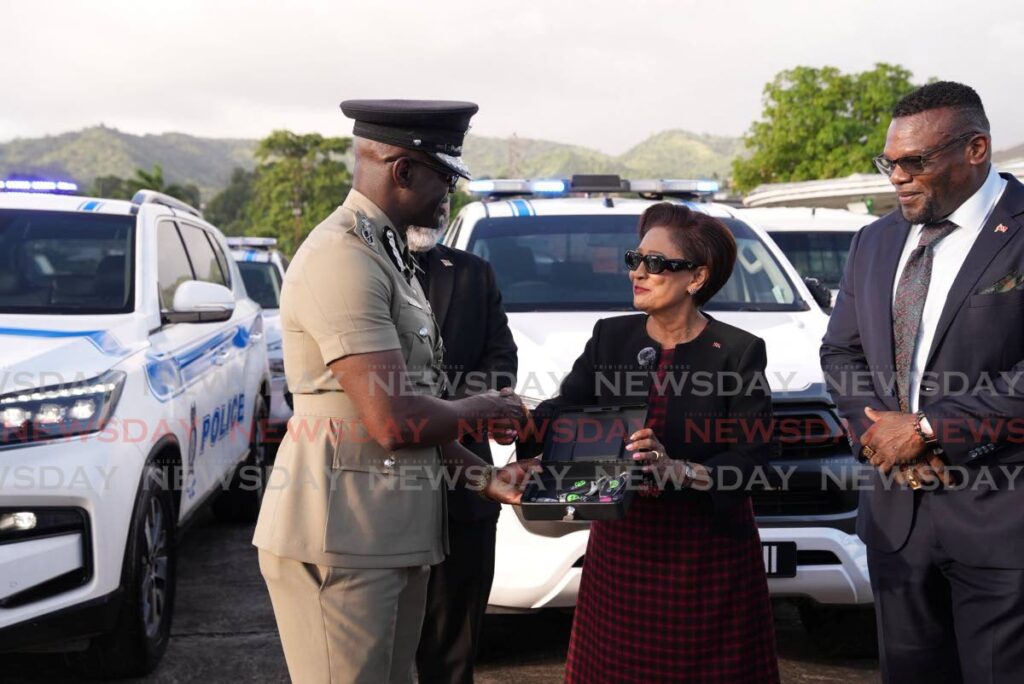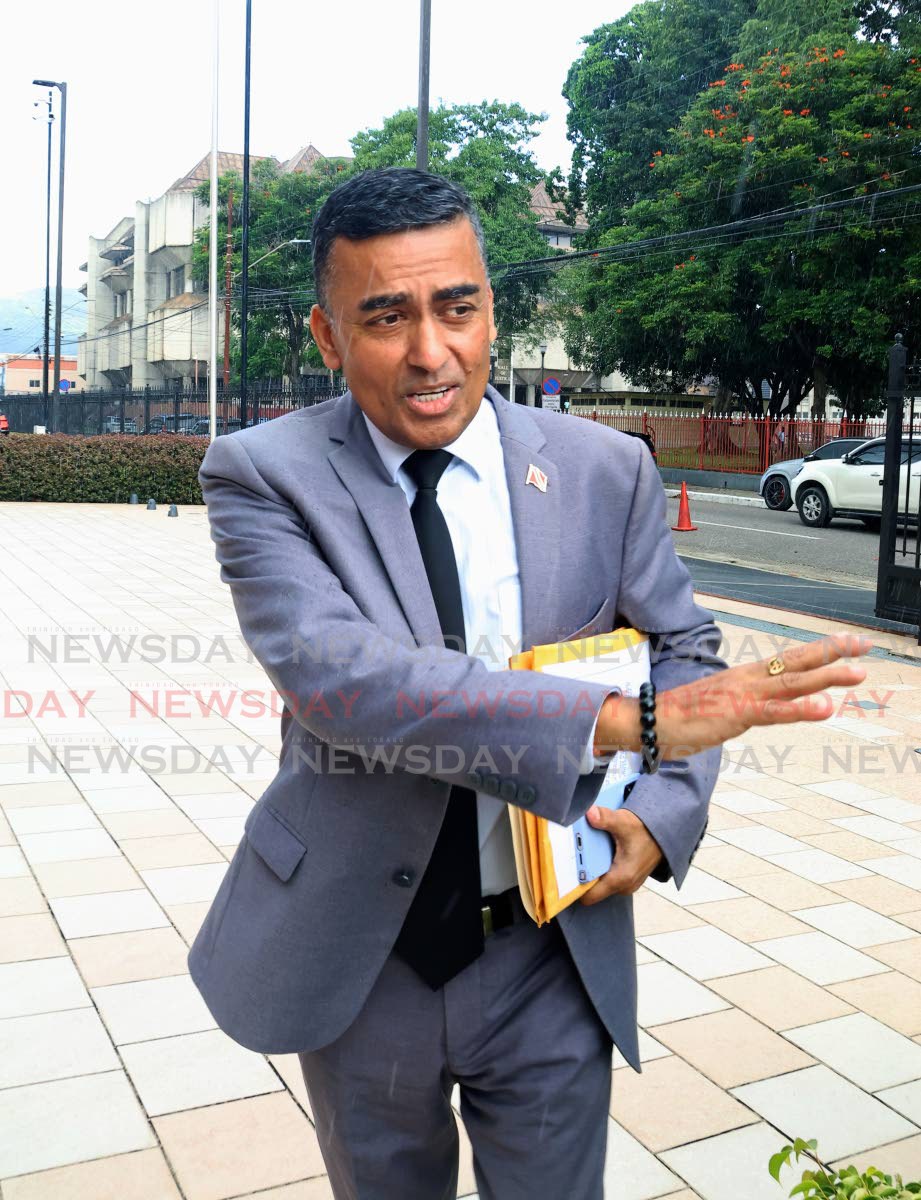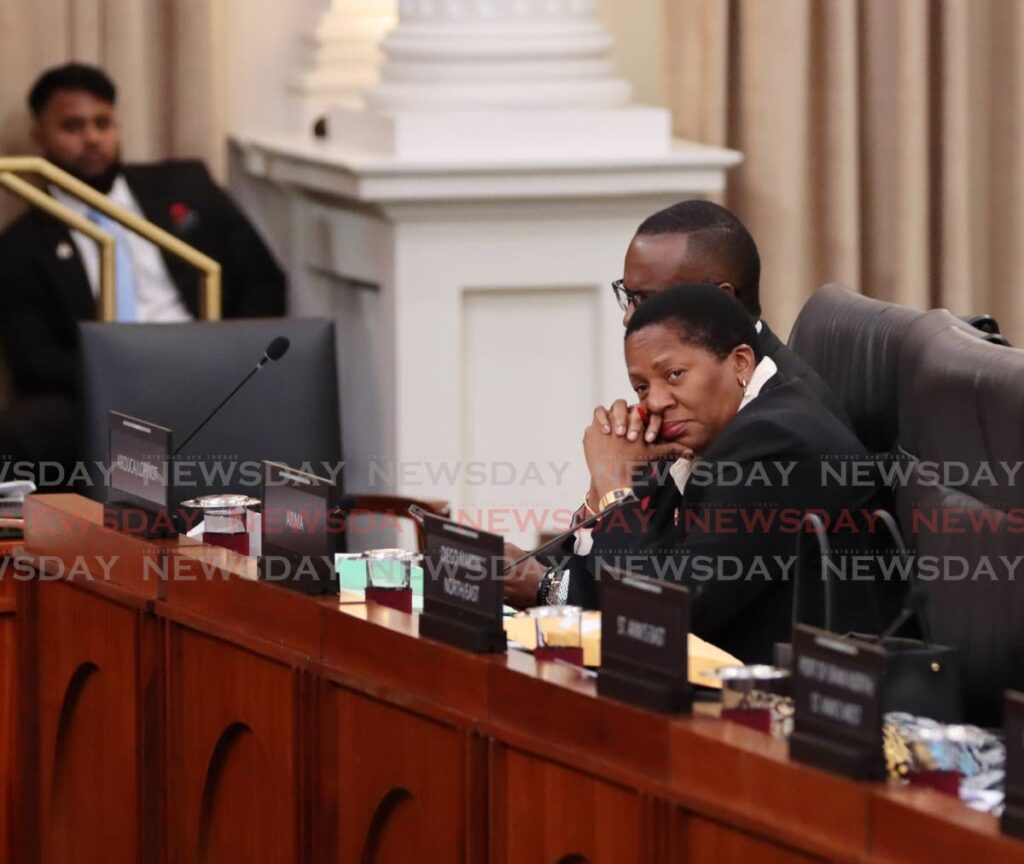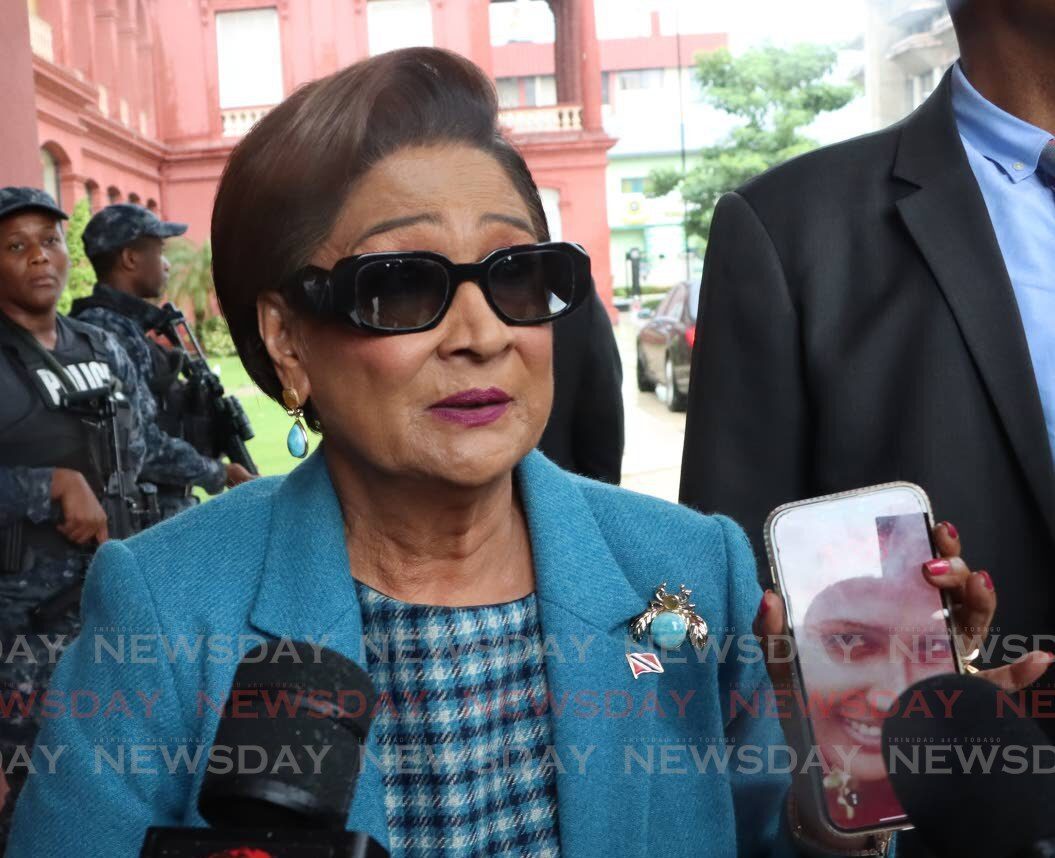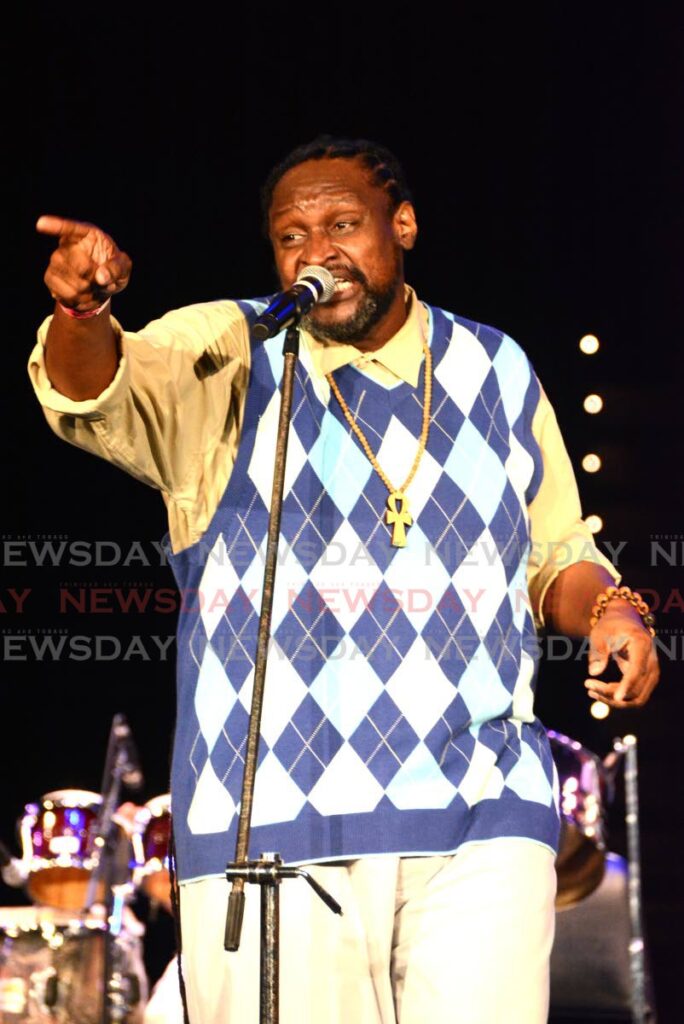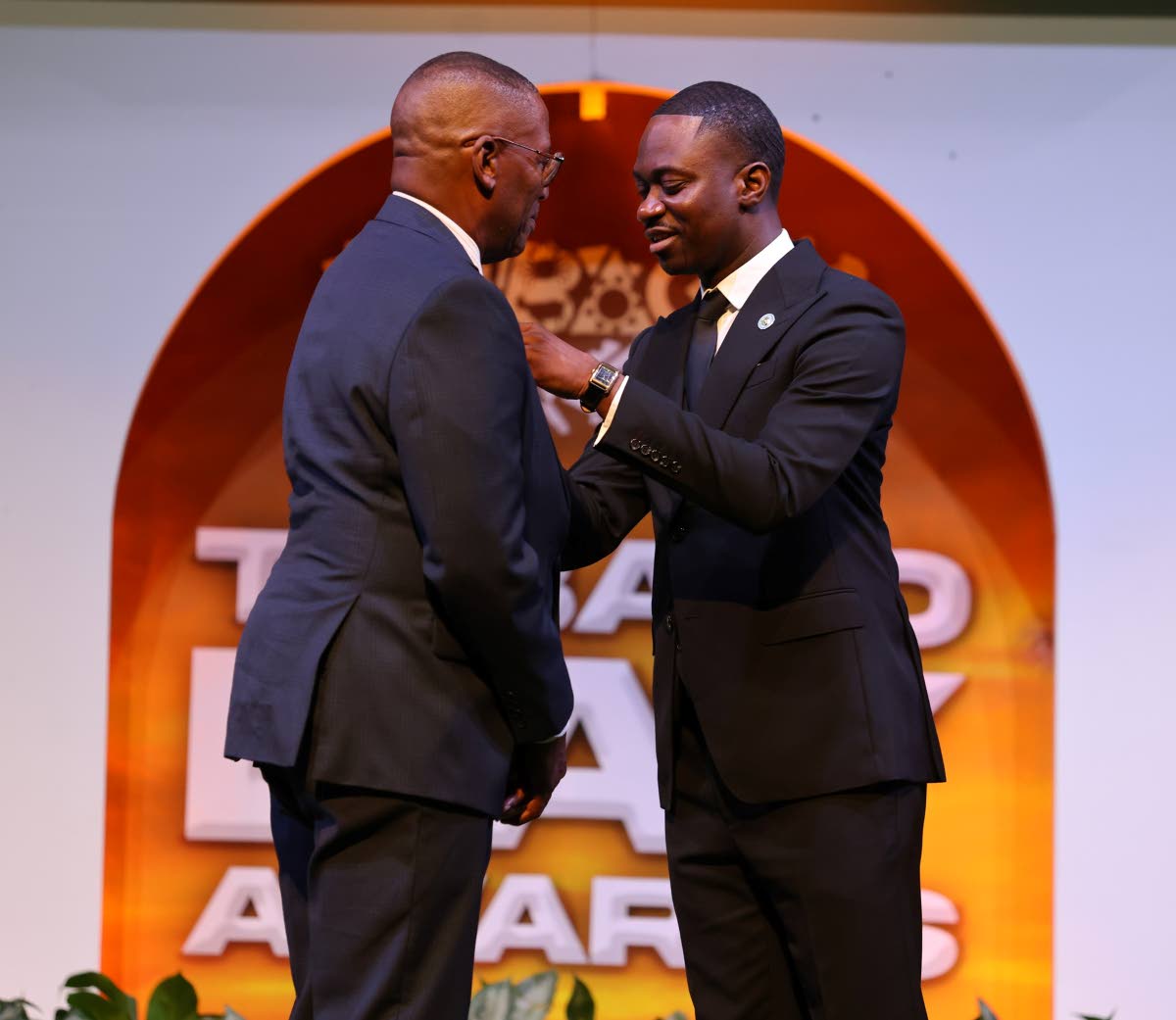The Trinidad and Tobago government faces mounting criticism from trade unions over its selective approach to back pay disbursements, with only Public Services Association (PSA) members receiving promised payments before Christmas. Finance Minister Davendranath Tancoo confirmed on November 5 that no arrangements had been made for other unions to receive portions of the $3.8 billion in outstanding back pay owed to public sector workers.
The announcement has sparked outrage among union leaders representing thousands of workers. Contractors and General Workers Trade Union (CGWU) president Ermine De Bique-Meade expressed profound disappointment, accusing both Tancoo and Chief Personnel Officer Dr. Daryl Dindial of ‘playing games with the lives of workers.’ She revealed that members had made financial commitments based on previous assurances of pre-Christmas payments.
Similarly, TT Unified Teachers’ Association (TTUTA) president Crystal Ashe appealed directly to Prime Minister Kamla Persad-Bissessar for intervention, questioning the government’s prioritization of PSA agreements finalized mere days before the December 2 announcement while leaving other unions waiting since April ratifications. Ashe emphasized that teachers, curriculum officers, and school supervisors are experiencing genuine financial hardship due to the protracted delays.
During Friday’s House of Representatives sitting, Prime Minister Persad-Bissessar reaffirmed her government’s commitment to the PSA agreement, promising a ten percent settlement and partial back pay distribution before Christmas. However, she notably omitted any mention of other trade unions’ outstanding agreements, leaving many workers facing what union leaders describe as a ‘bleak, blue Christmas’ despite previous government assurances.
